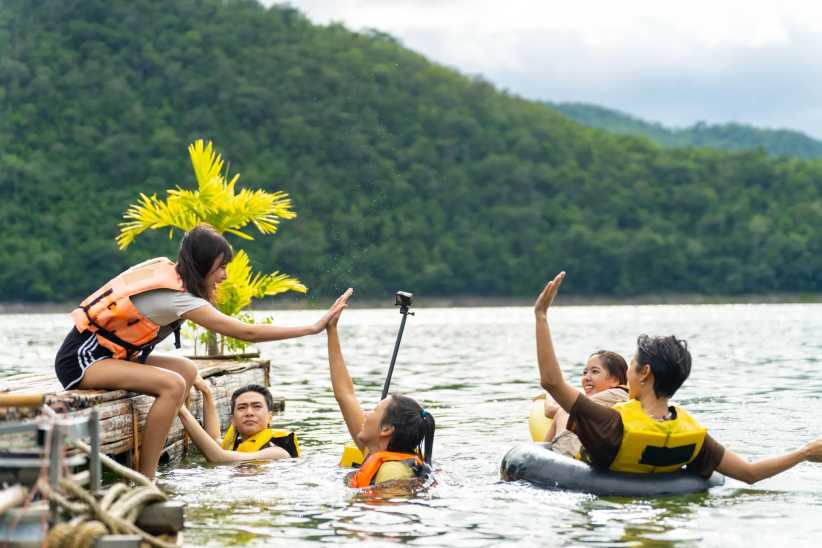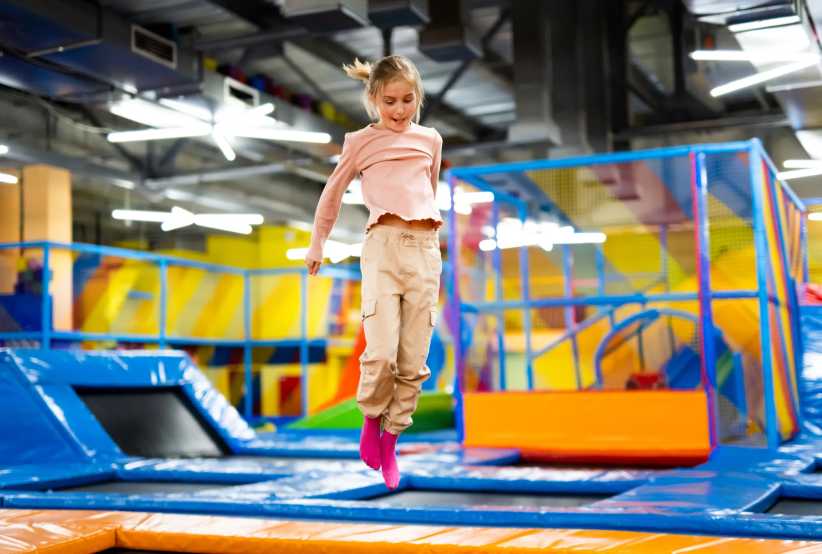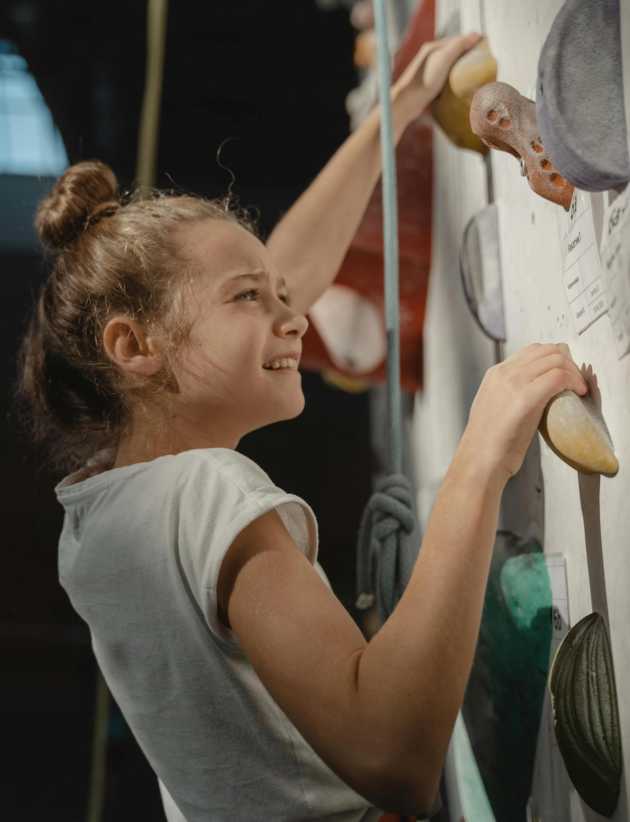For many children, fall brings not only a new school year, but also a new sports season. If your child is new to team sports, she may experience some growing pains. Learning new skills and rules, dealing with losses and setbacks, having a coach, and being part of a team for the first time can be challenging. Here are some tips for parents to help their kids get the most out of their first team sports experience:
Set expectations. Think about what you want your child to get out of the activity. How important is it that your child develops good sport-specific skills? Is improving physical fitness a major priority? Or is it more important that she makes new friends and builds self-confidence? If you establish goals and expectations in advance, you and your child will be better equipped to evaluate the experience during and after the season.
Have patience. Nobody becomes a superstar overnight. Developing sports skills requires lots of learning, practicing, correcting bad habits — and more practicing. Being part of a team means playing alongside teammates whose skills are developing at different rates. Think about what skills might be challenging for your child and prepare her for it. Make it clear that learning a sport, while fun, is a process. Encourage and reward good effort, not just success.
Communicate with coaches. The parent-coach relationship should be a two-way street. Introduce yourself to the coaches at the beginning of the season and learn their goals and expectations for the team. At the same time, you can help the coach better understand your child. Just remember, during practices and games, the coach is in charge and unless he specifically asks for it, parental involvement should be limited to positive reinforcement from the sideline.
Provide “sandwich feedback.” Sandwich feedback is an effective way for parents to balance praise with constructive criticism. After a game, tell your child something she did well, sandwiched with some aspect she can work on, followed by another compliment. For example, “I love how you controlled the midfield today. Remember to make the simple pass to an open teammate even if they are behind you. Great job shooting when you found space and were in range.”
Avoid heat-of-the moment criticism. Try not to pressure your child. For some parents, this requires taking a step back during a game or practice, and allowing your child to develop a love for the sport on her own. There’s plenty of time after the game, when heads are cooler, to talk to your child about the experience. Hear her out and provide support and guidance where necessary. Your support, or lack-there-of, could make or break the experience for them.
Emphasize fun. We’ve all seen professional athletes give retirement speeches saying, “The game just isn’t fun for me anymore.” It’s even more important that young kids, who could have a lifetime of sports activities ahead of them, enjoy playing sports. Nerves and reluctance at the beginning of a season are natural, but if your child continues to dread going to practices and games, figure out why. The solution could be as simple as finding a more suitable team or league, or trying a different sport.
Paul Culff is the youth sports director at Asphalt Green, a not-for-profit organization dedicated to assisting individuals of all ages and backgrounds achieve health through a lifetime of sports and fitness. For more information, visit www.asphaltgreen.org.





















